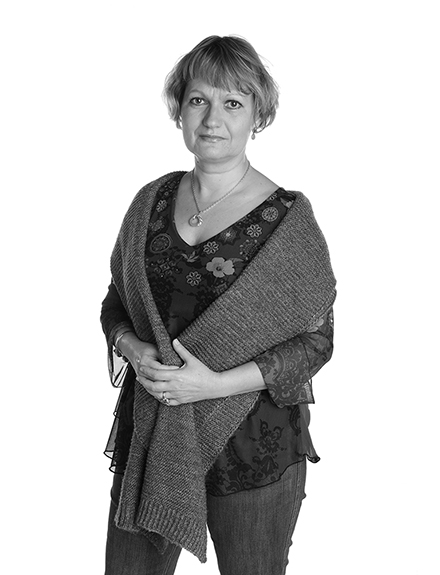| marie-hélène le ny |
|
photographiste |
|
I am a comparatist, an open discipline which is based on comparing linguistic and cultural areas, making it possible to go beyond national literatures. What attracted me to this field was the fact that it lies at the interface of different disciplines, in particular cultural history, and also at the heart of literary studies. The literary canon was established primarly by men, which implies the phenomena of the undervaluing and and the ousting of women despite an abundant corpus of authors that we must unearth to make their voices heard. It is important to make students aware of these issues, to be the relayers. Figures of fiction pass through our self-representations and our representations of the world, and this is attested by myths. Gender is a fiction integrated from childhood without our knowledge; what interests me is the awareness raising through deconstruction." |
|
||
|
Véronique
Léonard-Roques, |
|||
|
|
|
|
